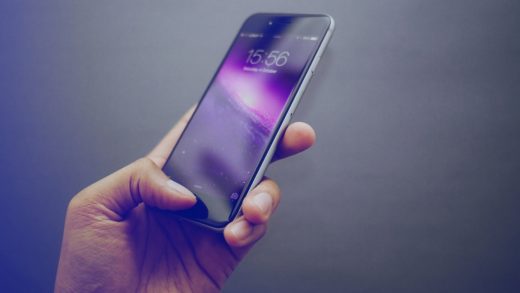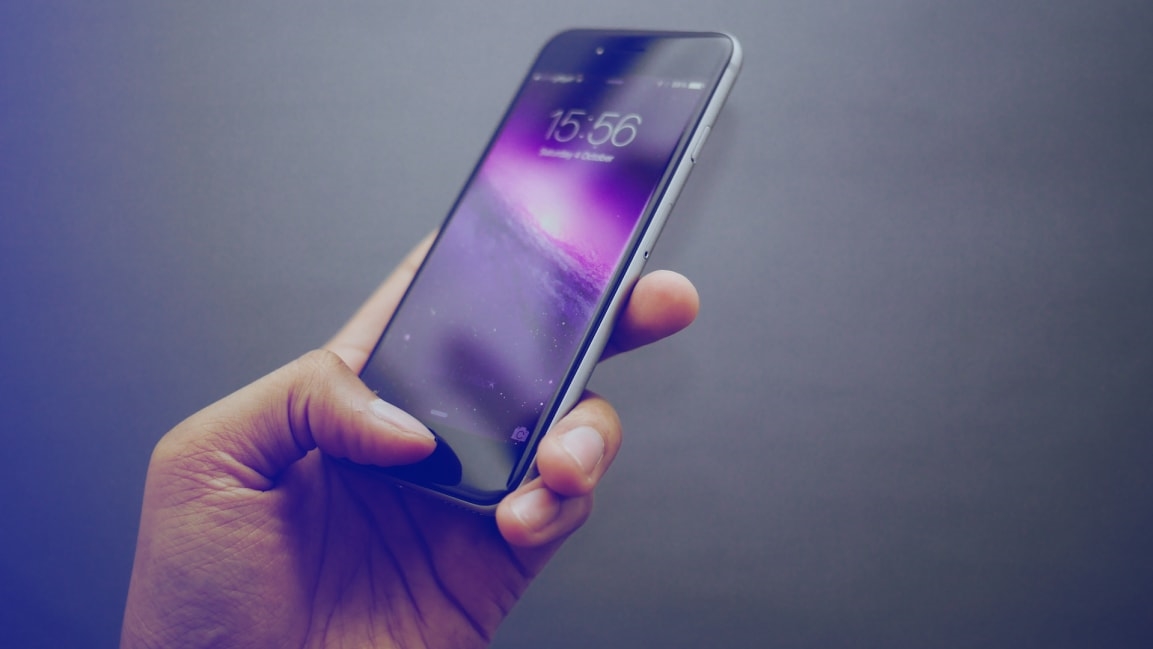Cops can’t force you to unlock your phone with your face or finger
No one wants to end up in a situation where they are arguing with a cop over unlocking a phone. However, if you do find yourself in such a situation, there’s something you should know: Cops can’t force people to unlock a mobile phone with their face or finger.
At least according to a potentially landmark ruling by a California judge, which was uncovered by Forbes.
The ruling, from Judge Kandis Westmore of the U.S. District Court for the Northern District of California, came from a case involving attempted blackmail over a video on a Facebook account. To catch the criminals, the cops wanted to raid a property and unlock any phone on the premises via facial recognition, a fingerprint, or an iris scan, but the judge said no, holding that requiring a suspect to unlock their own phone would violate their right against self-incrimination as protected by the Fifth Amandment.
The decision shakes up precedent where U.S. judges had ruled that police were allowed to force unlock devices like Apple’s iPhone with biometrics, such as fingerprints, faces, or irises. It was an odd rule, because a majority of judges had also held that cops weren’t permitted to force a suspect to divulge passcodes, because they are considered to be “testimonial.” The idea is that you can’t require a person to give information (in this case, a passcode) that could be used to incriminate them.
However, biometrics were treated different under the law, like a breathalyzer test or a DNA swab, because they didn’t require a person to say or do anything, per se. (This article on LawFareBlog has a lot more on the subject.) Judge Westmore noted in the ruling that “technology is outpacing the law,” and that biometrics should be subject to the same standard as passcodes. “If a person cannot be compelled to provide a passcode because it is a testimonial communication, a person cannot be compelled to provide one’s finger, thumb, iris, face, or other biometric feature to unlock that same device,” the judge wrote.
(21)



